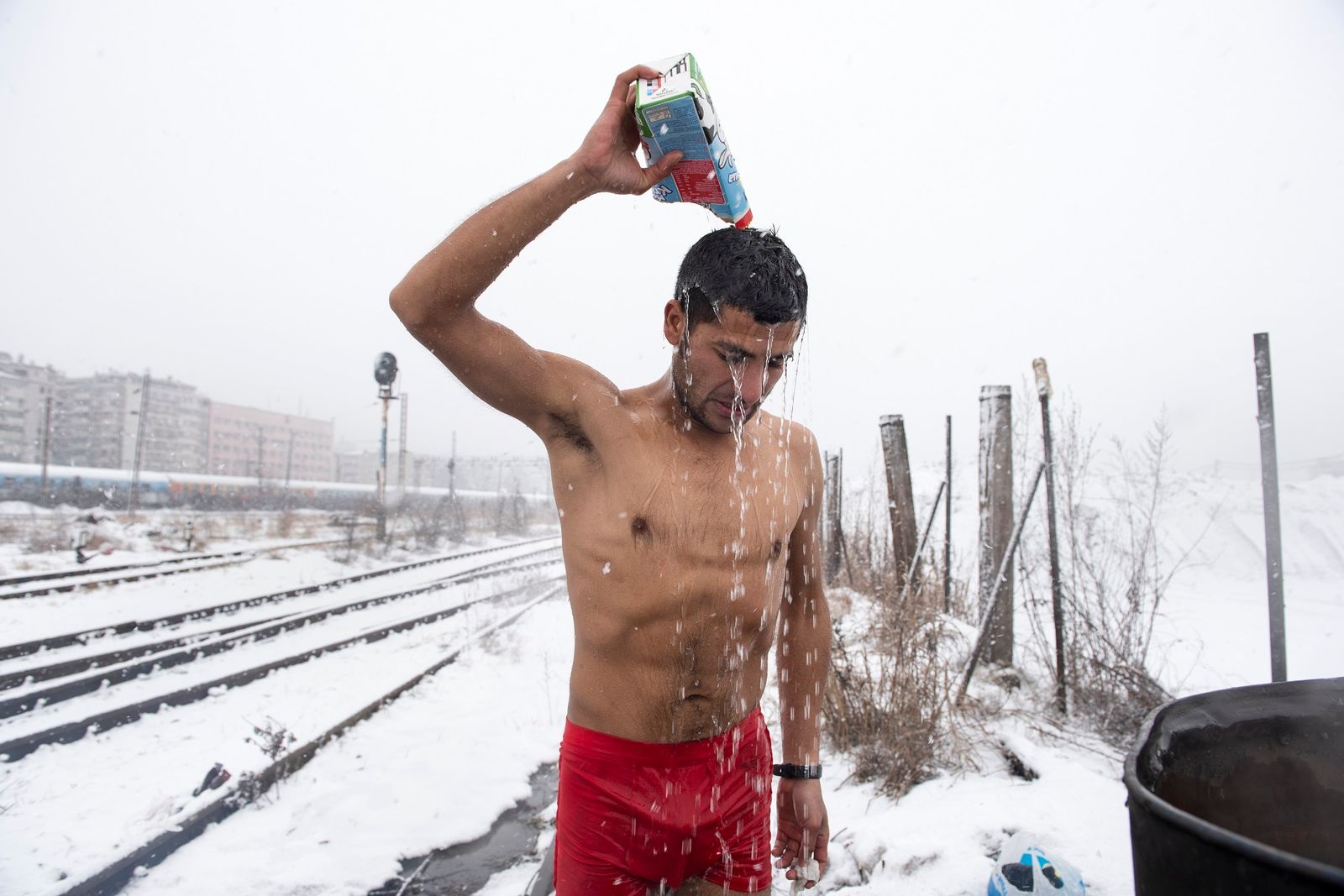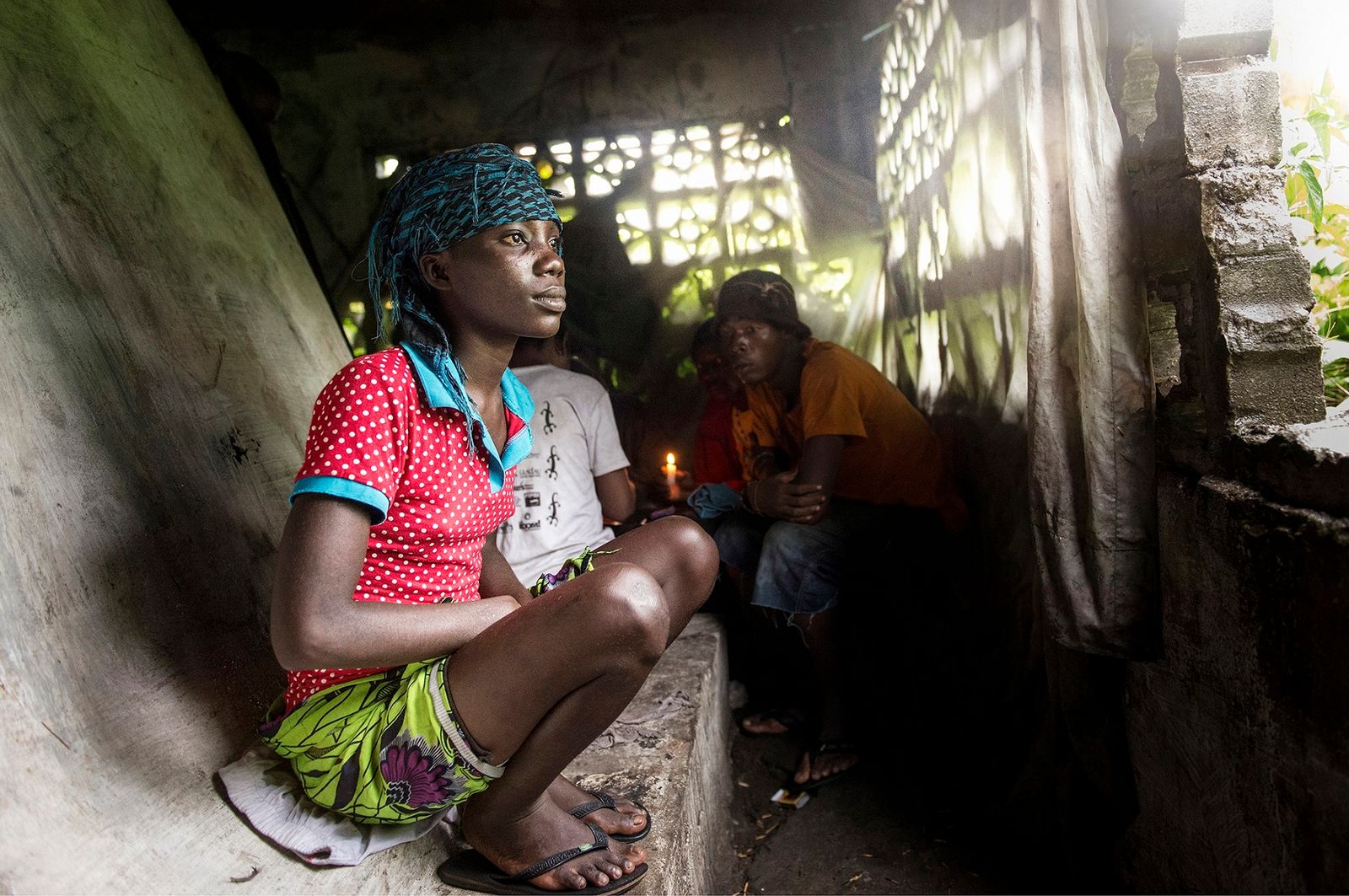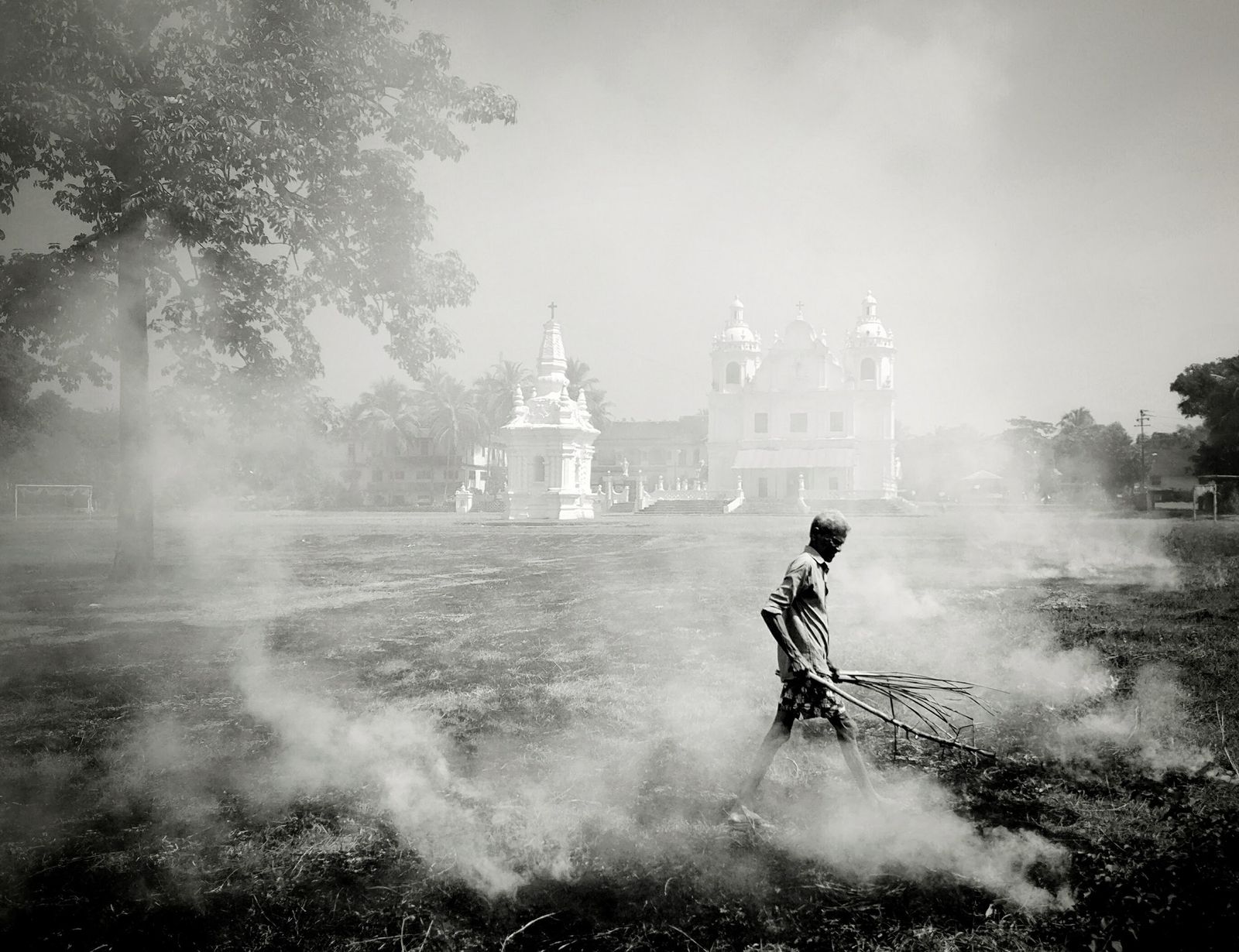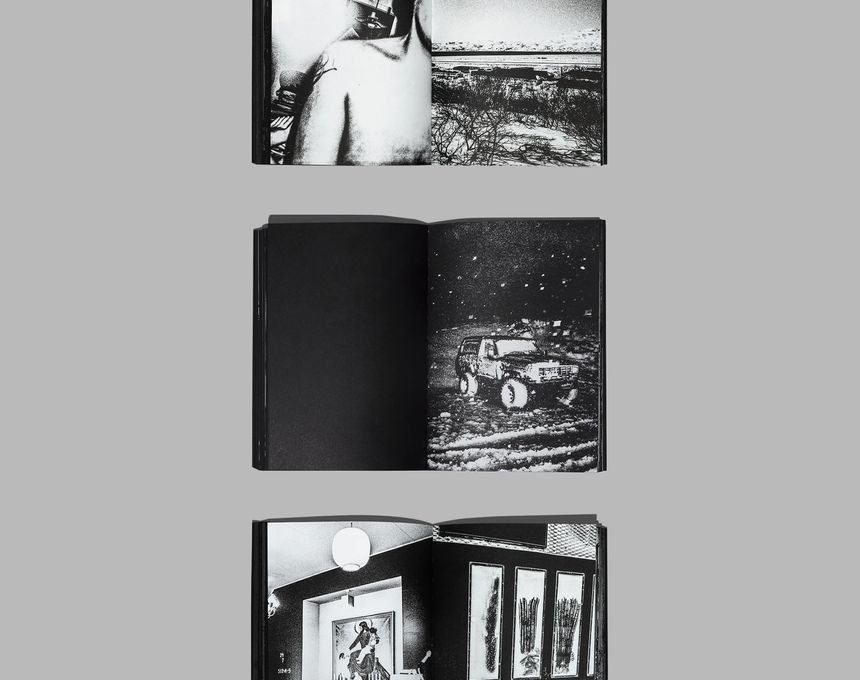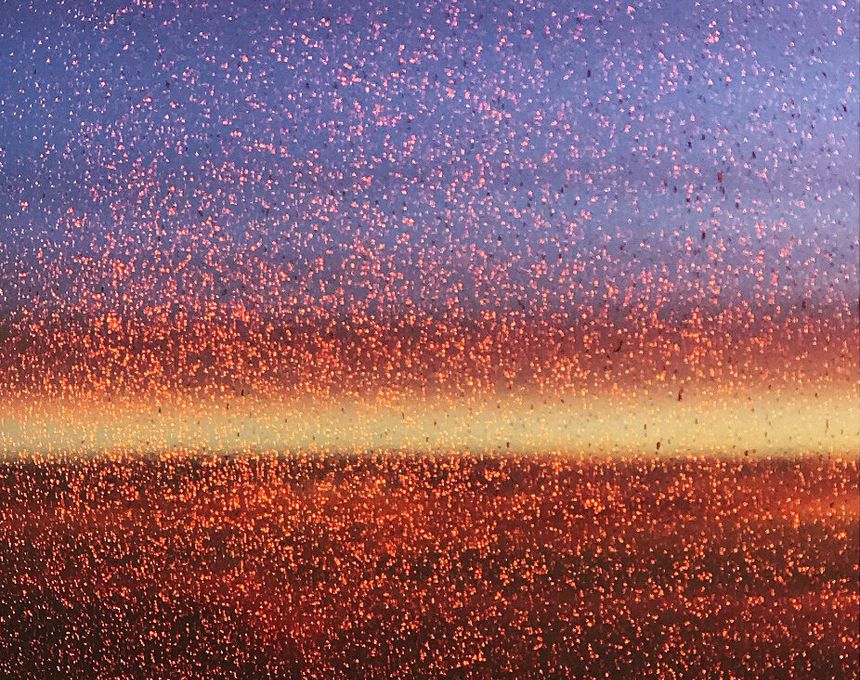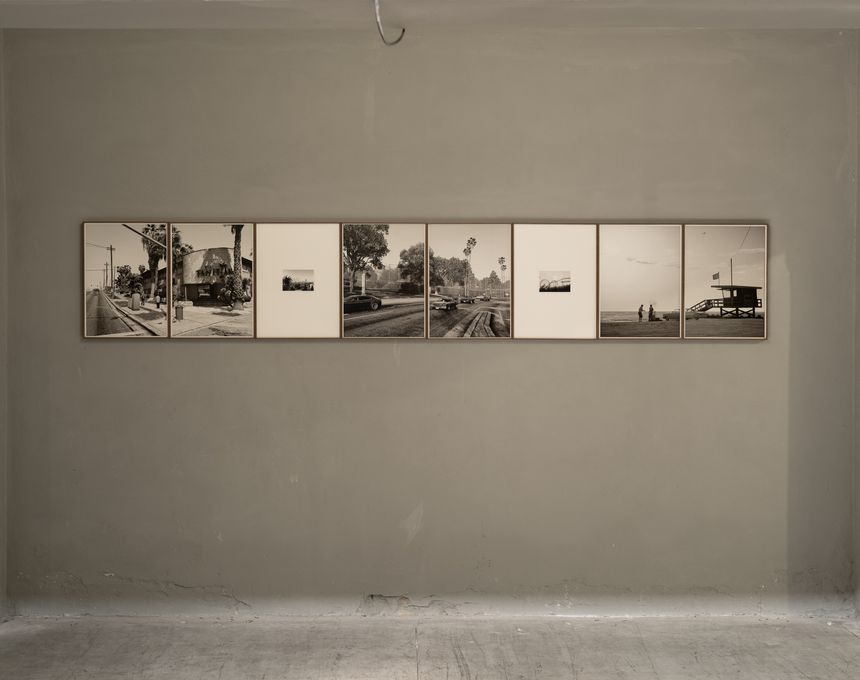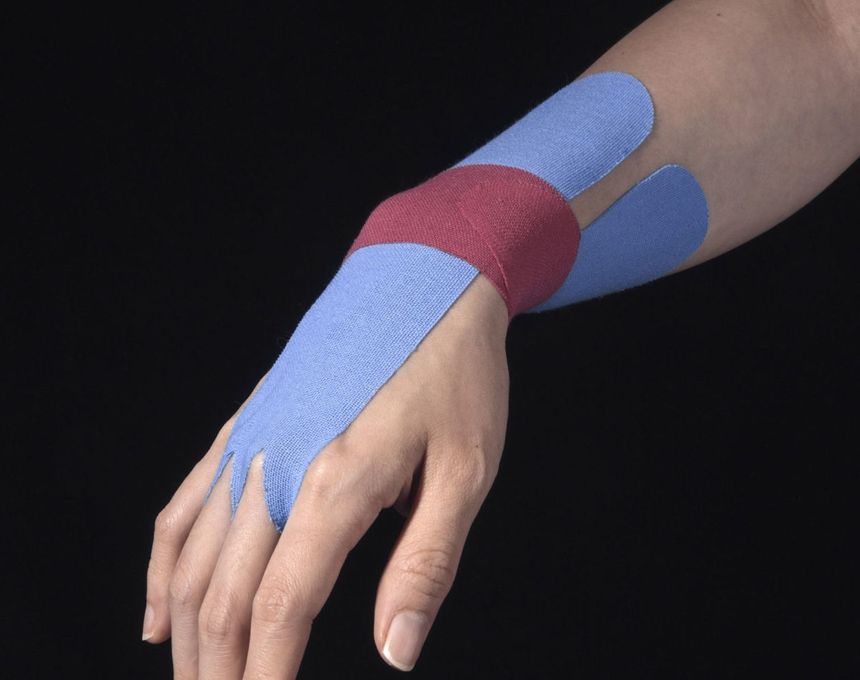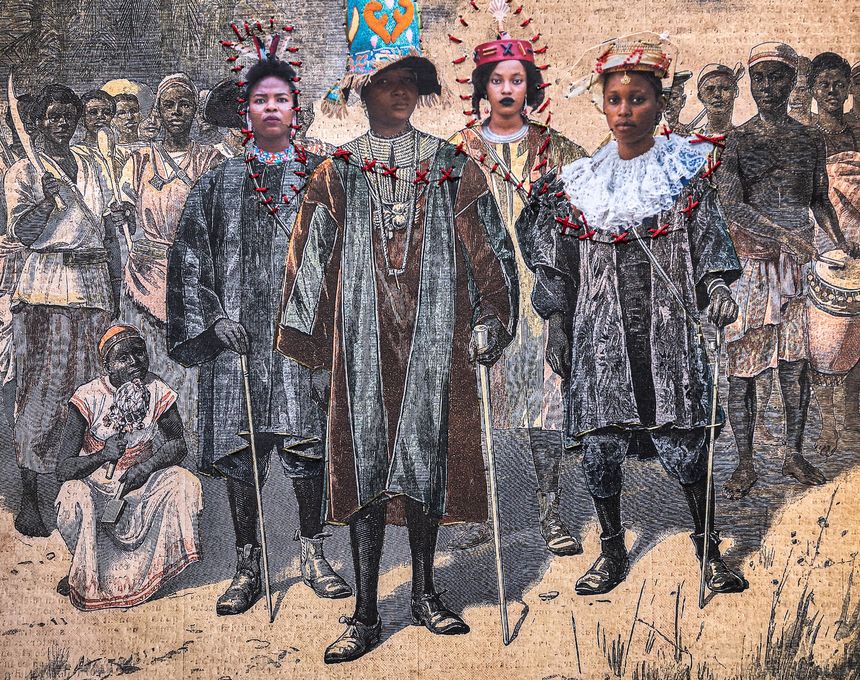In Discussion with PHmuseum Education Mentor Magdalena Herrera
-
Published31 May 2019
-
Author
Magdalena is one of those professionals in the international photography community who spends a lot of time and energy coaching and teaching photographers. As the latest mentor to join our permanent Education Program, we got in touch with her to understand her views on how to continuously learn and grow as a photographer.
Magdalena is one of those professionals in the international photography community who spends a lot of time and energy coaching and teaching photographers. As the latest mentor to join our permanent Education Program, we got in touch with her to understand her views on how to continuously learn and grow as a photographer.
Magdalena Herrera currently works as Director of Photography for GEO France magazine. Previously, she was head of the photo department at National Geographic France. For many years, she has taught workshops and seminars around the world, coaching and mentoring photographers. As an exceptionally talented and experienced photo editor, in her teaching she often focuses on the intellectual construction of an idea, the elaboration of a project, and the consistency of a series. And of course, there is always a focus on how to edit and sequence for the highest narrative impact. Here, Magdalena tells us more about her teaching experiences and offers some advice to photographers looking to develop their work.
Hi Magdalena! First of all, welcome to the PHmuseum Education Program. To begin, I’d like to know how would you define ‘success’ for a photographer, or ‘being successful’?
There are several answers to this question. For me, a photographer is successful when he or she has found his or her approach, style and means of production. It’s also important that their work is seen and recognised. This does not necessarily mean that one makes a good living with it, though.
What do you believe a photographer today needs to know, do and be in order to be successful?
They must be much more than a photographer. You must be in a continuous process of research concerned with what is happening around you in terms of artistic or journalistic production. A photographer nowadays must be able to identify with their work and know how to produce it, to sell it, and to share it.
What learning opportunities would you recommend photographers seek in order to grow?
Masterclasses, workshops, and basically all opportunities to get feedback.
What, in your opinion, are the current career opportunities for photographers worldwide?
Today, a photographer must think of his or her work in several ways all at once: exhibitions at festivals and in galleries, the release of photobooks, press releases, shows in corporate venues... There are many opportunities but they often require a huge amount of energy and a good network.
When you work with a photographer, what do you expect from them?
I expect an intelligence and a mastery of the subject but also an original photographic approach, in adequacy with the topic. When it's an assignment, I expect the photographer to come up with visual propositions as well.
You have been teaching and mentoring yourself for quite some time now. What do you enjoy about it? Which teaching experience(s) have been significant for you so far?
I really enjoy teaching and mentoring. I think that it strikes a good balance with my daily work. It keeps me updated and helps grow my own network of photographers. I like to identify works and help to take these forward. I have been leading photo workshops for many years now - I like to meet participants and above all I enjoy following them over the long-term, which allows me to see the evolution.
This also happens with online mentoring where I’ve had some beautiful experiences. There, you have to be very rigorous. I’ve also had wonderful involvement with workshops where many of the participating photographers are producing amazing works. In one online mentoring experience I followed a photographer for six months - his work evolved in front of my eyes over that time. It was very rewarding.
And finally, Magdalena, in two words, what learning style do you prefer yourself?
Meeting and sharing.
--------------
Thanks to Magdalena Herrera for this interview and the photographers who were mentored by her and shared their work in this article.
--------------
Talking About Education is a monthly feature where we reflect on current opportunities and practices to form and develop yourself as a photographer. To learn more about our live one-to-one educational program, please visit phmuseum.com/education
